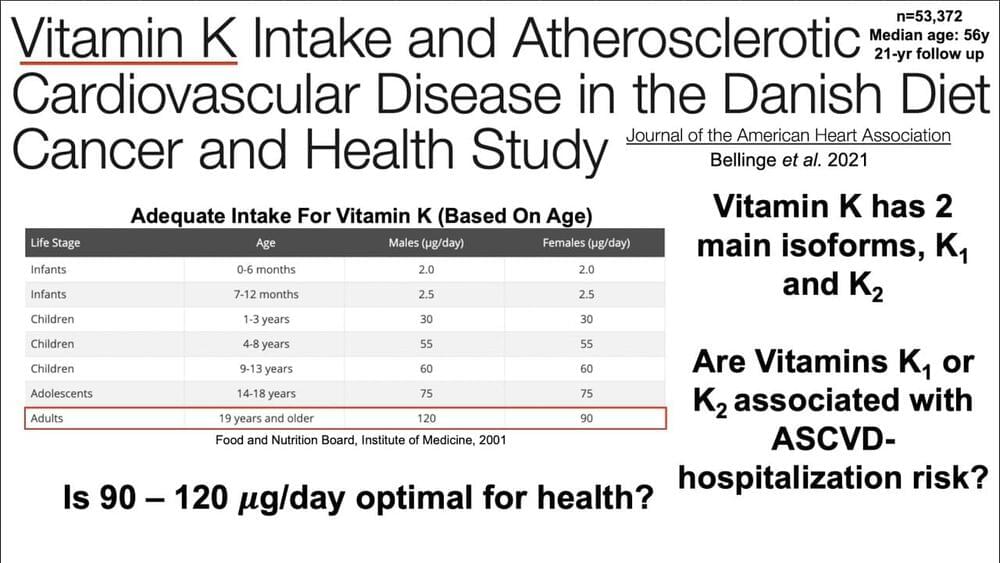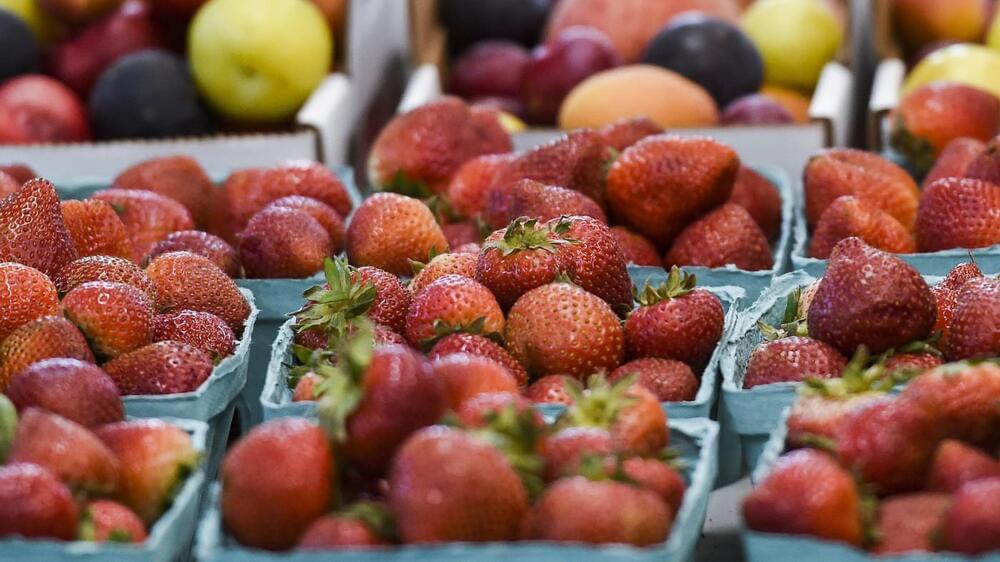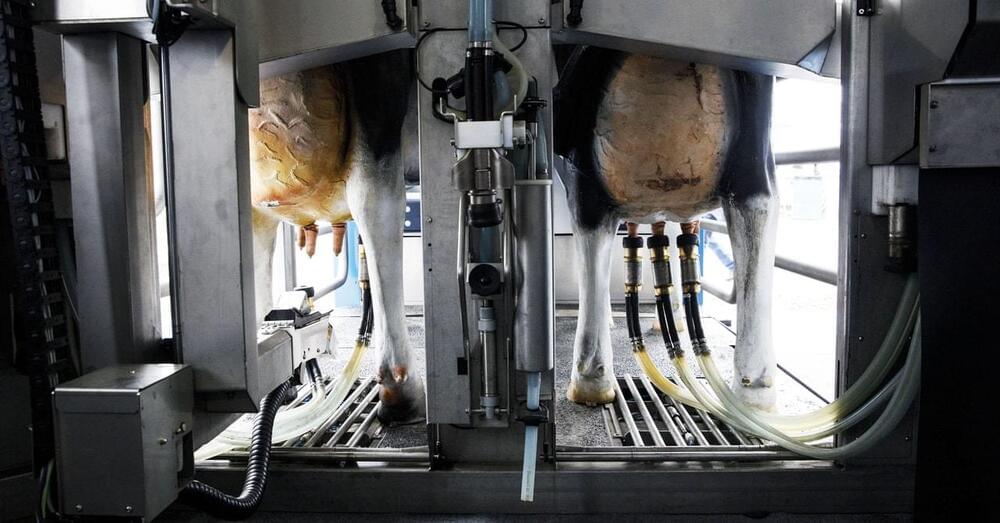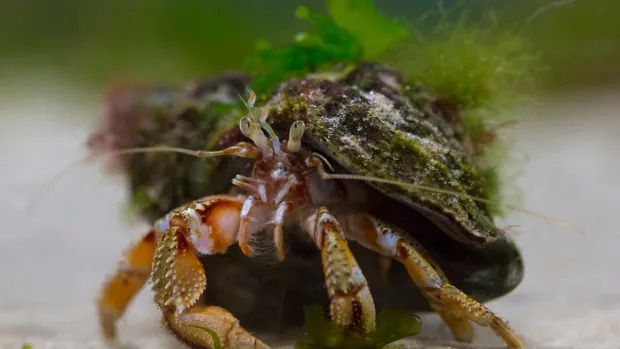
It’s no secret that AI is everywhere, yet it’s not always clear when we’re interacting with it, let alone which specific techniques are at play. But one subset is easy to recognize: If the experience is intelligent and involves photos or videos, or is visual in any way, computer vision is likely working behind the scenes.
Computer vision is a subfield of AI, specifically of machine learning. If AI allows machines to “think,” then computer vision is what allows them to “see.” More technically, it enables machines to recognize, make sense of, and respond to visual information like photos, videos, and other visual inputs.
Over the last few years, computer vision has become a major driver of AI. The technique is used widely in industries like manufacturing, ecommerce, agriculture, automotive, and medicine, to name a few. It powers everything from interactive Snapchat lenses to sports broadcasts, AR-powered shopping, medical analysis, and autonomous driving capabilities. And by 2,022 the global market for the subfield is projected to reach $48.6 billion annually, up from just $6.6 billion in 2015.

















